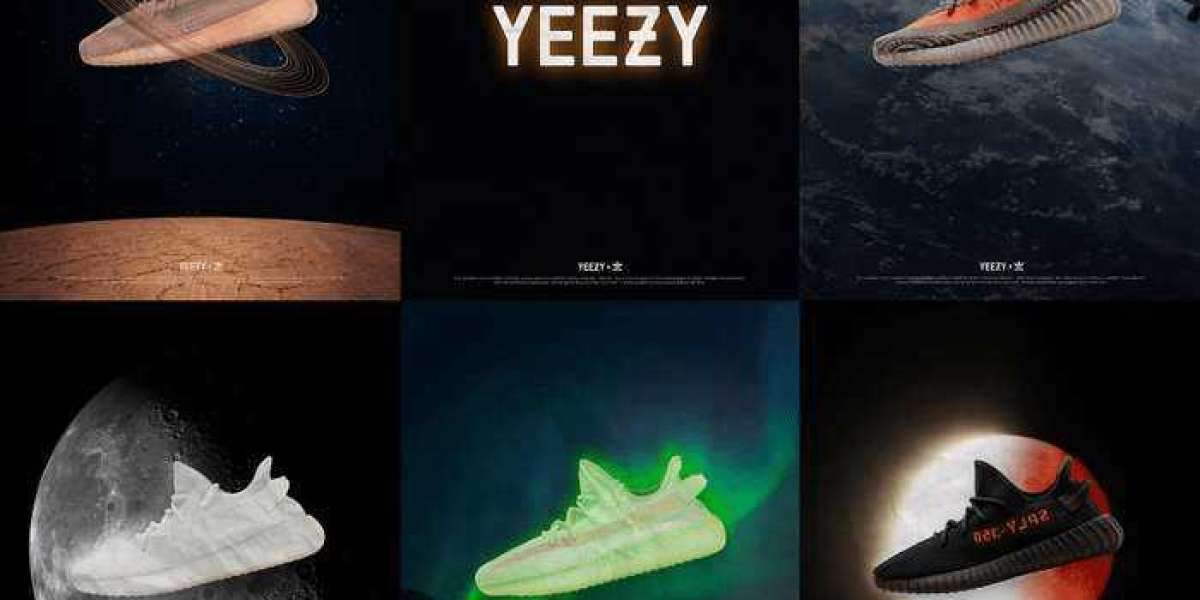Introduction:
In the vibrant spring of 1964, a seismic cultural event took place that would forever alter the course of popular music history. It was a time when rock 'n' roll was still in its infancy, and its potential for global dominance was yet to be fully realized. The British invasion was about to sweep across the Atlantic, as four young lads from Liverpool prepared to embark on what would become their iconic first visit to the United States. The Beatles, already a phenomenon in their homeland, were about to captivate an entire nation, forever changing the face of popular music and leaving an indelible mark on American culture.
Description:
In February of 1964, the Beatles, comprising John Lennon, Paul McCartney, George Harrison, and Ringo Starr, made their highly anticipated arrival in the United States. The frenzy around the band, even before they landed on American soil, was unlike anything the music world had ever seen. Their charming charisma, unruly mop-top haircuts, and infectious melodies had already won the hearts of fans across Europe, and now it was America's turn to be enchanted.
As their plane touched down at John F. Kennedy International Airport on February 7th, thousands of feverish fans gathered to catch a glimpse of their idols. The scene was one of pandemonium and pure hysteria as screams and cries of adoration filled the air. The Beatles were welcomed by a barrage of flashing cameras and a throng of journalists, symbolizing the magnitude of their arrival.
Over the following days, the Beatles embarked upon a whirlwind promotional tour, appearing on popular television shows and hosting crowded press conferences. Their infectious energy and witty banter captivated viewers and won over even the most skeptical of American audiences. On February 9th, more than 70 million people tuned in to witness the Beatles' first live television performance on The Ed Sullivan Show. It was a moment that crystallized their already immense popularity and ignited a nationwide phenomenon that would be forever remembered as Beatlemania.
Throughout their visit, the Beatles held a series of record-breaking concerts, causing a frenzy wherever they went. In Washington, D.C., police officers were forced to close down the streets surrounding their hotel due to the overwhelming crowds. The same scene unfolded in New York City, where thousands of fans waited for hours just to catch a glimpse of their idols. The Beatles' uproarious success in America not only solidified their status as the most influential band in the world but also marked a turning point in the globalization of popular music.
By the time the Beatles left the United States in late February, they had sparked a genuine cultural revolution. Their music offered an escape from the dreary realities of the Cold War era, providing a sense of hope, joy, and unity. The impact of their visit extended far beyond music, inspiring a wave of young musicians across the nation and reshaping society's perception of what popular music could be.
In conclusion, the Beatles' first visit to the United States in 1964 was an extraordinary event that forever altered the landscape of popular music. Their infectious charm, unparalleled talent, and undeniable charisma turned an entire nation into devoted fans. From their arrival at JFK Airport to their groundbreaking performance on The Ed Sullivan Show, the Beatles' visit was a cultural milestone that remains etched in the annals of music history. Their influence and legacy continue to resonate, proving that the power of music knows no boundaries.



